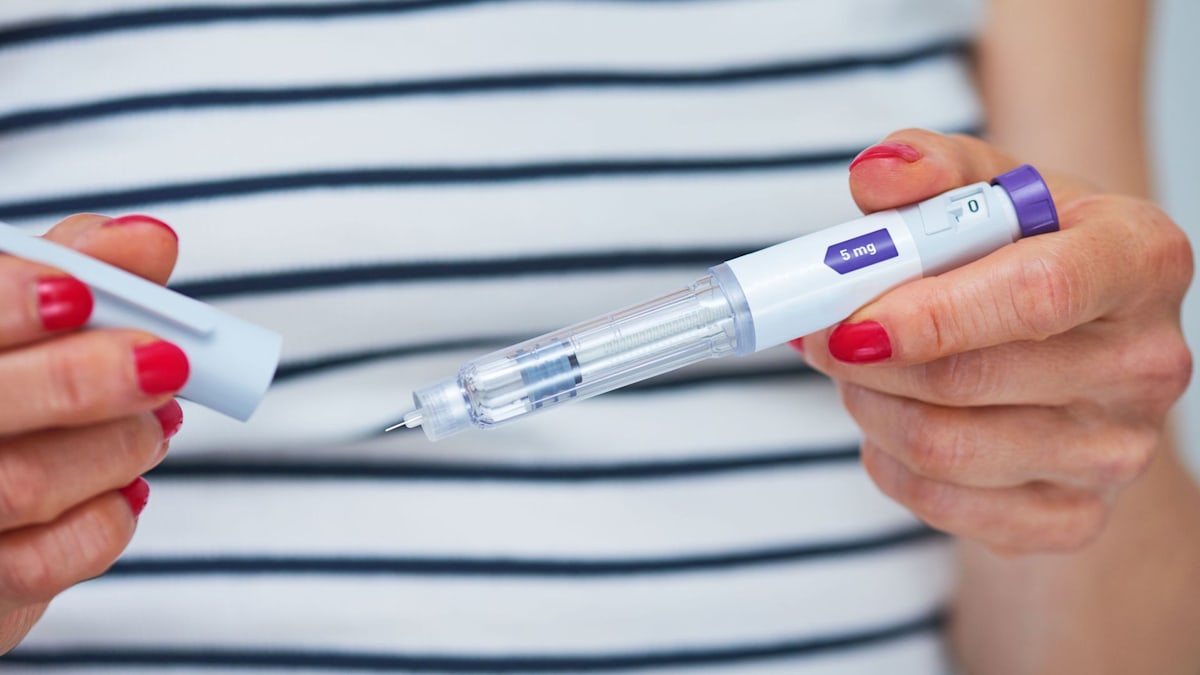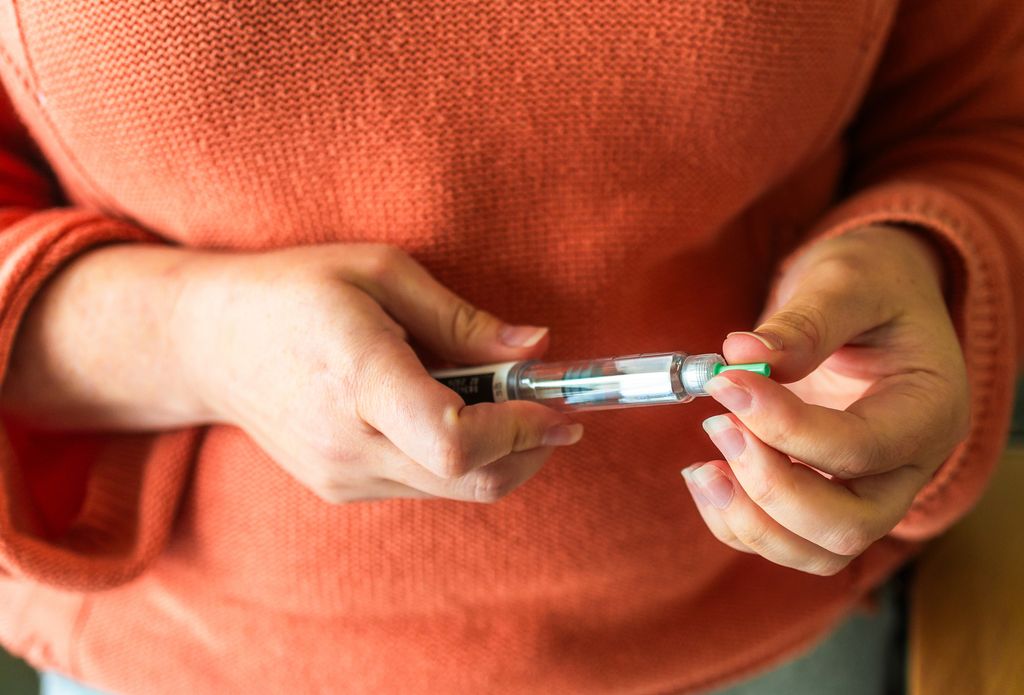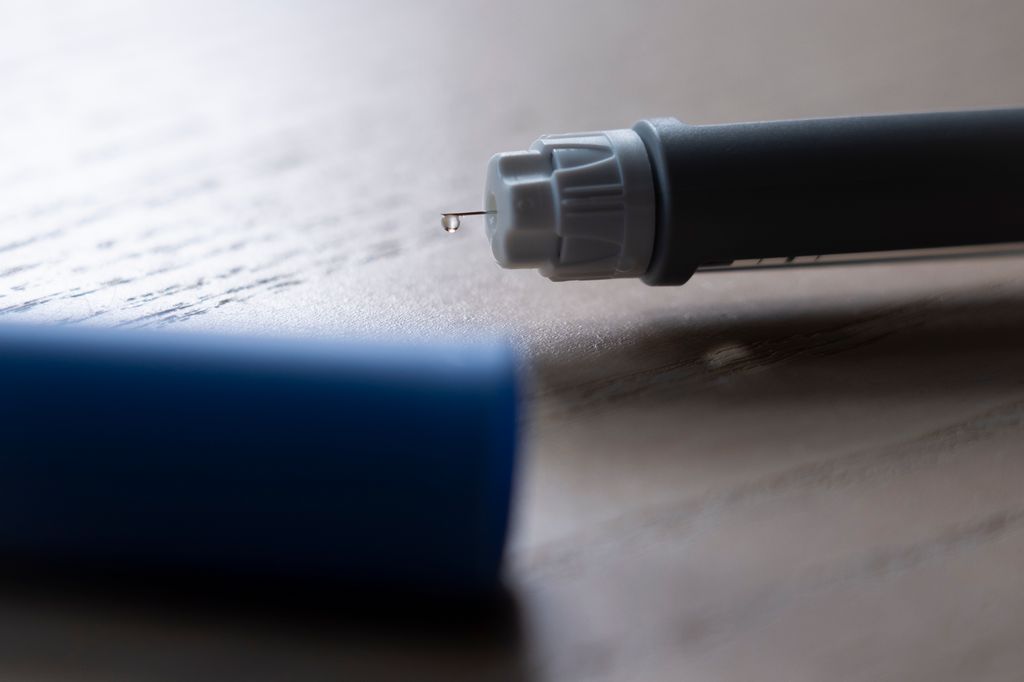With the use of GLP-1 agonist drugs such as Mounjaro and Ozempic rising significantly in both the UK and the US, many patients might be wondering what their path will look like once they come off the medication.
Meanwhile, others who have reduced their dosage or ceased taking them completely might have come across the issue of weight regain.
A study conducted by the University of Oxford and presented at the European Congress on Obesity found that patients typically dropped around eight kilograms of weight while using GLP-1 medication, but returned to their original weight within ten months of stopping.
Although the primary target of weight loss is undoubtedly met by drugs such as semaglutide (Wegovy) and tirzepatide (Mounjaro), many wouldn’t be blamed for rendering them nothing more than stopgaps on a long-term weight loss journey.
However, Dr Debra Marcos, Medical Director at doctor-led clinic Weight Medics, notes that if used in the proper way, combined with other treatments and lifestyle changes, then the medications remain an effective form of treatment, and that the issue is not one of willpower, but of biology.
What happens when you stop taking GLP-1 medication?
Susan Jebb, professor of diet and population health at the University of Oxford and co-author of the study, told The Guardian: “These drugs are very effective at helping you lose weight, but when you stop them, weight regain is much faster than [after stopping] diets.”
Dr Marcos notes, however, that weight gain doesn’t have to be an inevitability if a plan is in place, and it starts with how patients view them.
“These medications aren’t a cure, they’re a tool. Like with any chronic condition, weight management needs long-term treatment. It’s a piece that many patients and the industry as a whole are missing.”
Why weight regain occurs after coming off weight loss medication
The simple explanation for why weight regain is so common after stopping GLP-1 medication is that the drugs suppress appetite signals in the brain; therefore, when the body is no longer receiving the medication, those signals return, along with former habits.
Weight Medics state: “GLP-1 drugs essentially work by mimicking natural gut hormones that promote feelings of fullness, appetite regulation, and improvement of blood sugar control.
“When medication stops, food cravings return often more intensely than before treatment began.”
Dr Marcos, who specialises in clinical nutrition and gut health, added: “Most people don’t realise that these medications give your body much higher levels of GLP-1 than it normally makes. So when you stop taking them, your natural levels can drop, and you may feel even hungrier than before.
“With traditional diets, people slowly learn habits and strategies to manage their weight. But because GLP-1 medications reduce hunger so effectively, many patients haven’t had the chance to build those long-term tools, which can make it harder to keep the weight off once they stop treatment.”
So, how do we combat this? The answer is to rebuild a lifestyle in conjunction with taking medication. “It is imperative that patients receive the right dietary and lifestyle advice and support at all times.”
Is the answer to stay on medication forever?
Currently, the NHS and NICE guidance state that patients shouldn’t take medications such as semaglutide for more than two years.
Weight Medics add: “Some patients may benefit from ongoing treatment, while others can taper off successfully with the right support in place. It depends on the patient’s body, medical history, and how they respond to the medication.
Dr Marcos agrees. “We make those decisions based on individual risk and the criteria should not be a one-size-fits-all one. Stopping GLP-1s cold, without a plan, is setting patients up to fail.
“But with proper tapering, behavioural support, and medical oversight, it is possible to maintain weight loss and protect long-term health. Weight loss is only the first chapter. What comes next is just as important.”
Last month, it was reported that NHS England has announced that prescriptions for Mounjaro jabs will be available via GP surgeries.
According to NHS England, the mass rollout is part of a three-year plan, and while it’ll mean that patients can get the medication through their doctor, it won’t apply to everyone.
Those who are interested are being urged by NHS England to only enquire if they meet the criteria.
Read the full article here









